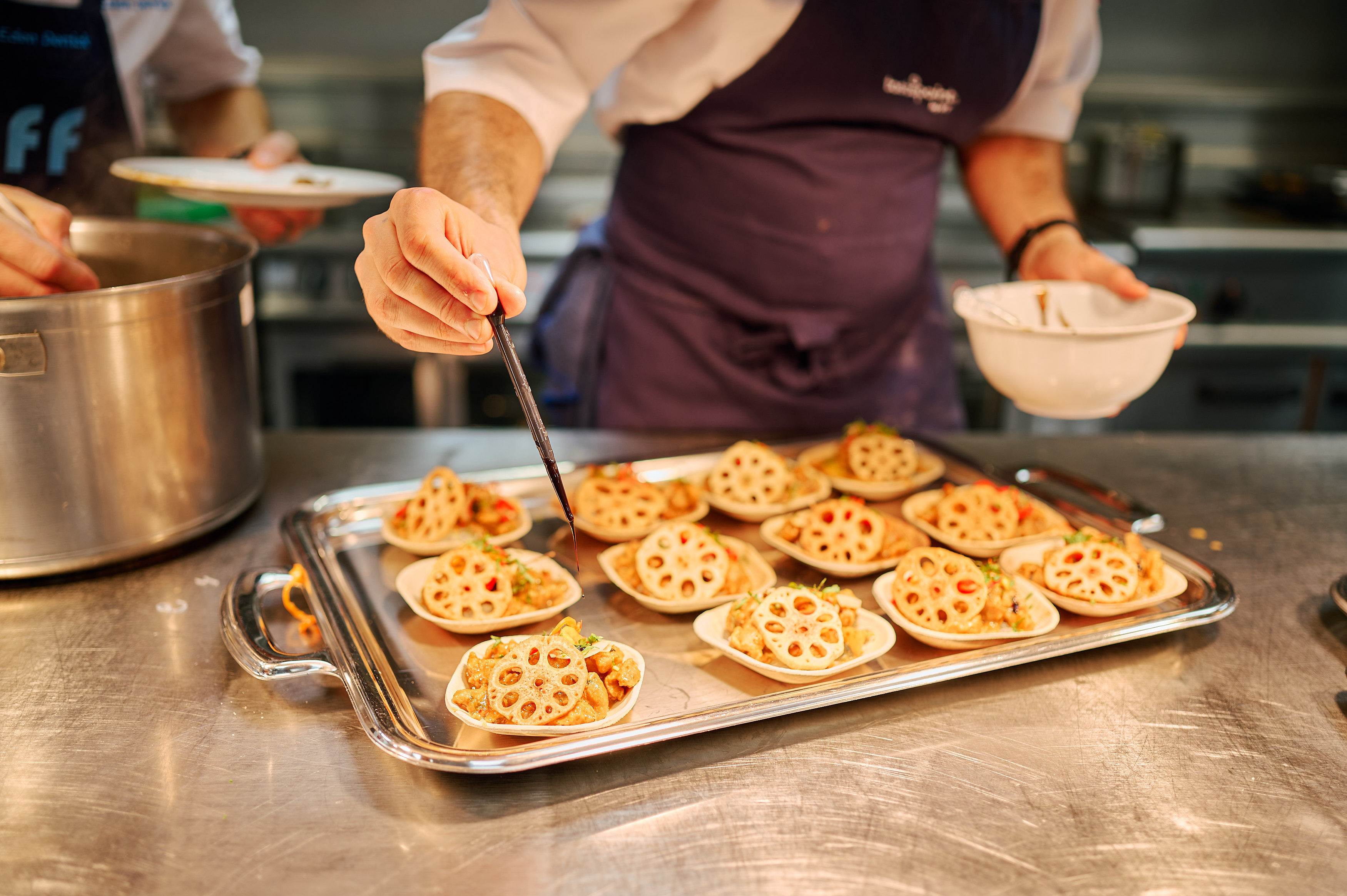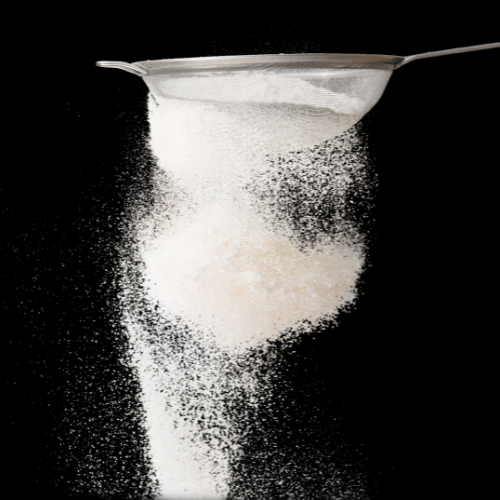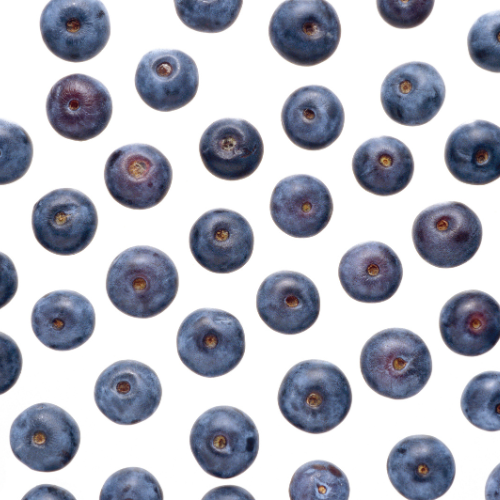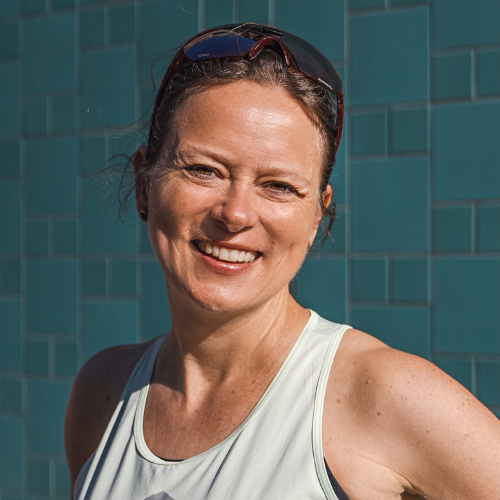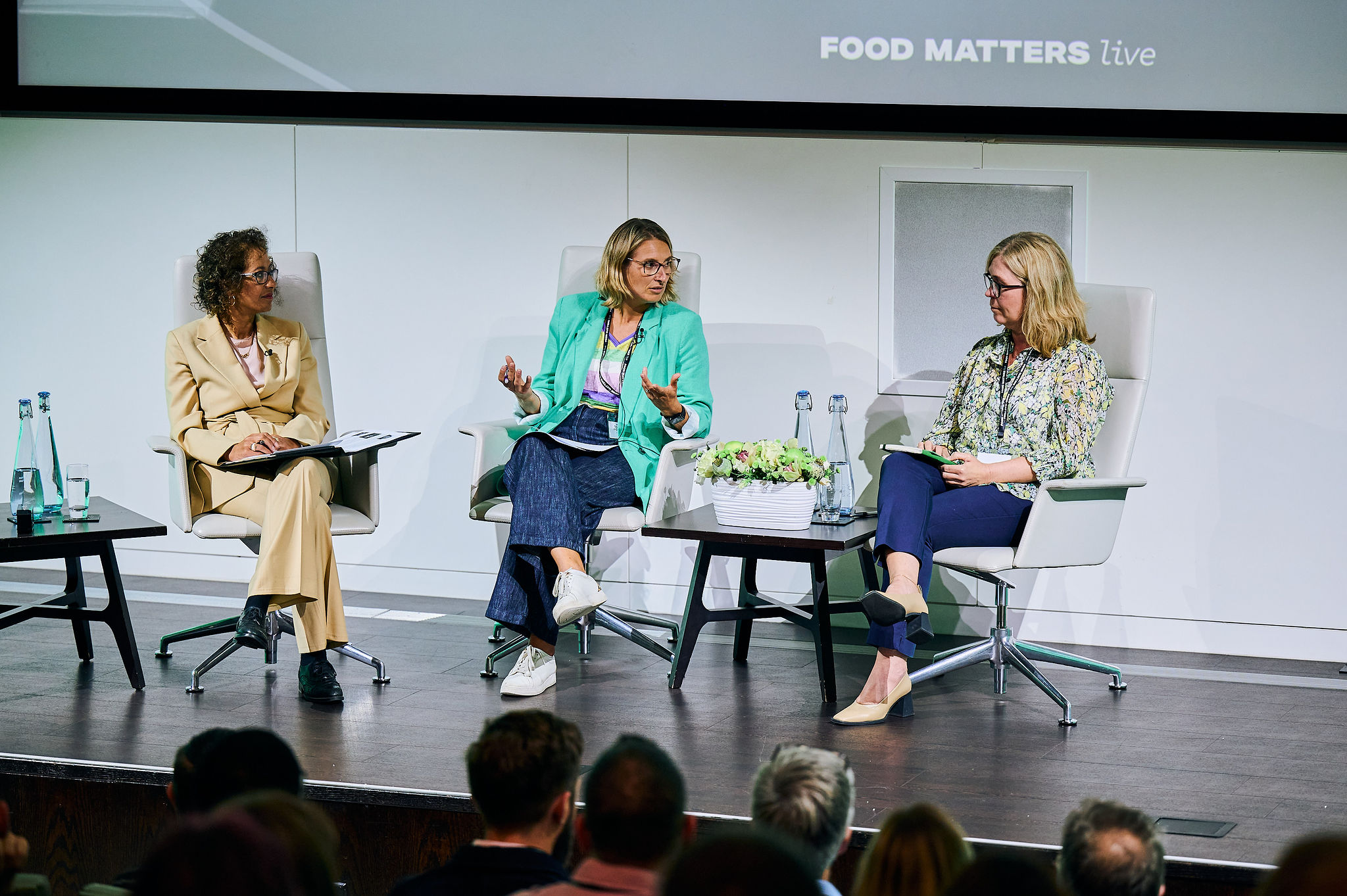How can we improve the global food system for health and sustainability? Podcast guests weigh in

There is a vast network of people and organisations toiling away to get food from farm to table – a conglomerate known as the global food system.
The global food system intimately shapes our eating patterns, dictating what’s available on our shelves, how it’s marketed and at what prices.
We have a lot to thank the food industry for historically, most notably, it’s innovation and mass mobilisation following the Second World War. In response to a growing population, the global food system successfully maximised production and minimised costs- but it came at a different kind of cost.
Pesticides were adopted wholesale, foods underwent greater processing and agriculture grew increasingly intensive. We now carry the legacy of this food revolution and it’s clear that the system is no longer fit for purpose.
Far from nourishing us, the global food system is driving a rise in lifestyle diseases such as type-2 diabetes and obesity. In fact, food is now the biggest killer in the world, with poor diet responsible for 11 million deaths annually. For reference, that’s more than smoking, drugs, alcohol, and unsafe sex combined.
Parallel to this, our food system is incredibly destructive to the environment, accelerating climate change, biodiversity loss and soil degradation. In turn, the system is undermining food security globally.
As George Monbiot succinctly put it to the Food Matters Live podcast:
“We are eating the planet.”
In his latest book, Ravenous, Henry Dimbleby issues an equally damning indictment:
“The food system is no longer simply a means of sustenance. It is one of the most successful, most innovative, and most destructive industries on earth. It sustains us, but it is also killing us.”
We’ve spoken to experts across the food system on our podcast, from farmers and scientists to marketers, academics, and activists.
At some point in each episode, we often ask our guests what they would like to see the industry doing better. In this thought-provoking podcast spotlight, we’ve created an open letter to the food system featuring their collective responses.
1. George Monbiot, author and environmental activist

© Stuart Simpson
© Stuart Simpson
Intensive farming is a significant contributor to biodiversity loss and soil erosion. In discussion with Food Matters Live, George Monbiot identified the practice as a driving cause behind climate breakdown. We asked him what the food industry needs to do differently to support the health of people and the planet:
“If you were to design a food system from scratch, what would it look like? It would look nothing like this one. It would not rely on using vast tracts of the world surface to produce small amounts of food or imposing such intense environmental impacts on smaller areas. And I think we don’t need to do either. You can have high yield low impact farming, as well as taking a lot of crucial food production out of farming altogether (through bacterial fermentation).”
Listen to the full episode to hear his views on why agricultural subsidies are getting in the way of progress, why he thinks we should move the production of protein and fat away from the farm and into the factory, and how bacteria could help to solve many of the issues he raises.
2. Sally Wilson, Principal Research Fellow, Institute for Employment Studies

When working late, the few options available are overwhelmingly kebabs, crisps and chocolates – ultra-processed foods high in fat, sugar and calories. This goes some way to explaining why shift-work is associated with an increased risk for numerous health conditions.
We asked Sally Wilson how the food industry could encourage healthier nutritional choices among shift workers:
“Supermarkets are open late at night, for example. And [shift] workers tend to go for meal deals. One of our suggestions was that in local areas, [we could provide] flyers for local takeaways that offer slightly healthier food or… they could be invited to bring mobile vans to sites where several shift workers work [at a] particular time. ”
Listen to the full episode to learn about the link between shift work, poor nutrition and adverse health outcomes. We’ll also explore the lifestyle and dietary changes shift-workers can make to safeguard their wellbeing.
3. Tim Spector, Professor of Epidemiology at Kings College London
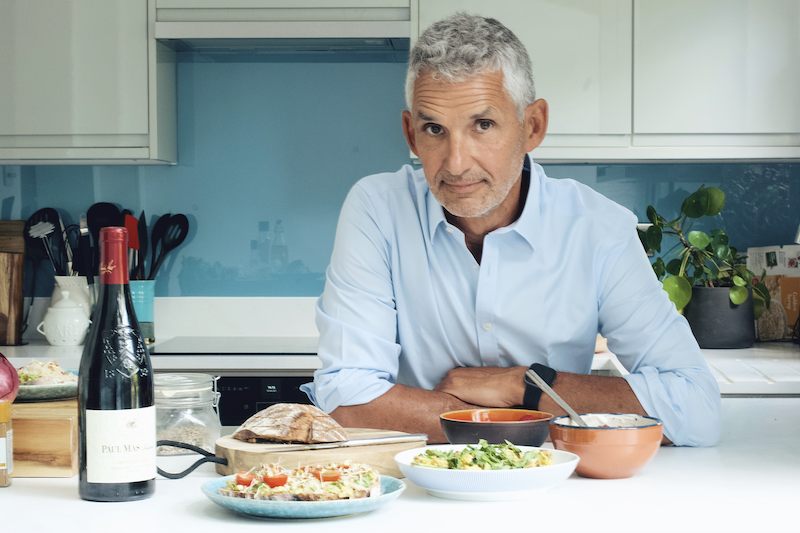
Historically, nutritional research has neglected the importance of our gut bacteria when investigating new food additives.
Over the last decade, emerging research has found that emulsifiers, sweeteners and other chemicals commonly found in food products may adversely affect our gut microbiome.
Going forward, Tim Spector told the Food Matters Live podcast that he’d like to see greater testing around new chemicals in food. Additionally, he called for greater collaboration between the food industry and health experts:
“I think being honest about some of these new ingredients that they’re putting into the foods [and] testing them properly. So they all say… we’ve got some new chemicals in foods we’re adding in [such as] artificial sweeteners. But the companies themselves don’t really do the testing [in the same] way that scientists like myself would…”.
“Long term, [I’d like to see the industry] trying to make tasty, cheap products that are healthier; that have some fibre in them that help the gut microbes rather than killing them off… it’d be lovely to work more closely [with the food industry].”
Check out the full podcast to learn more about the link between gut bacteria, diet and health. Tim Spector also discusses his new book, Food For Life, a comprehensive guide to the new science of eating well.
4. Paulina Flores Martinez, PhD student at the University of York

Ukraine is often referred to as the breadbasket of Europe owing to it’s position as a top three exporter of grain globally.
However, ongoing conflict in the region has caused disruptions to the production and supply of grain exports, resulting in shortages and high prices around the world.
The tragic events in Ukraine highlight the weaknesses in our current food system, especially an over dependence on scant food types and exporters.
Paulina Flores Martinez, a PhD student at the University of York, offers a solution to the instability inherent in the current food structure:
“We rely on five main crops… And those come from a handful of countries. And those are provided by a handful of companies – large trading companies. So, in that sense we must diversify.”
Tune in to hear Professor Tony Heron and Paulina Flores Martinez discuss the impact of the war on the food system, how the rest of the world might respond, and the repercussions of that response.
5. Max Jamily, Founder at Hoxton Farms

Factory farming is a form of intensive agriculture intended to maximise production and minimise costs.
This modern method of farming has a prodigious environmental impact, polluting soil and waterways whilst producing significant amounts of greenhouse gases. Opponents have also raised ethical concerns about animal welfare.
Max Jamily, founder of Hoxton Farms and a synthetic biology graduate, envisions a future food system where cultured meat displaces intensive animal husbandry:
“Factory farming… is completely unsustainable. I would like to close-down the last factory farm on Earth. And that means… we’ll be eating a lot less traditionally farmed meat, and a lot more cultivated meat.”
Listen to the episode to learn how Max set up Hoxton Farms, a cellular agriculture and biotech start-up. He also explains why factory farming is neither humane or sustainable, building a convincing case for it’s abolition.
Join the conversation at our Sustainable Food Forum
Hosted by Seyi Rhodes and Samira Ahmed, with backing from the World Wildlife Fund, our upcoming live event will explore challenges to a sustainable food future, spotlight green innovation and layout a roadmap for the industry going forward. The future of sustainability starts here.


